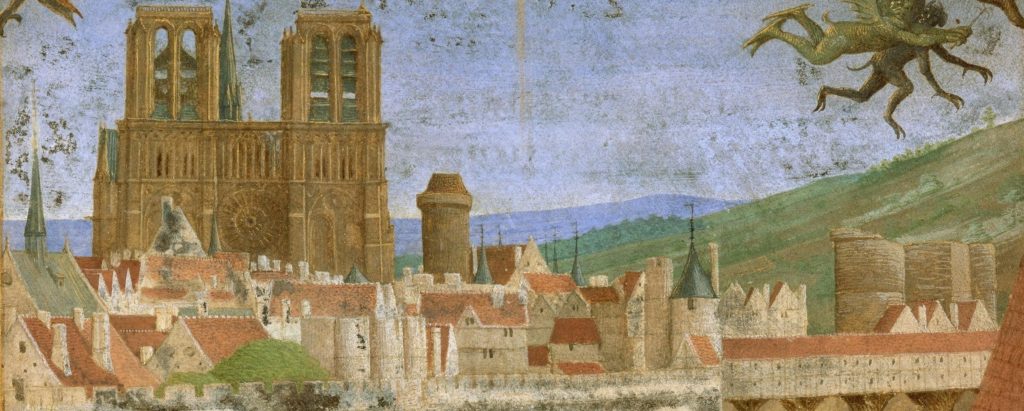 Highlights to help your reading of Pieper's Guide to Thomas Aquinas, IV-VI:
Highlights to help your reading of Pieper's Guide to Thomas Aquinas, IV-VI:- St Thomas can't be identified as "Aristotelian" (or "Platonist" or "Augustinian" for that matter). He looked for the truth of relevant matters wherever (and from whomever) he could find it.
- For St Thomas what Aristotle has to say is important not because Aristotle says it but inasmuch as it is true. St Thomas engaged with Aristotle's ideas, scrutinised them and made them relevant to philosophy in the Middle Ages and beyond.
- He deepened on Aristotle because of the Greek philosopher's attention to concreteness, to the natural world, to things as they are in reality.
- The discovery of Aristotle and his perspective coincides with a move in Christian thought away from a certain Augustinian contempt for the (natural) world and in favour of a symbolic interpretation of this world as a symbol of the sacred.
- This discovery could potentially lead to an extreme view away from the sacred (secularisation) and this was the reason Aristotle was seen with reserve by many.
- For St Thomas, a believer in Sacred Revelation as the highest expression of objective truth, Aristotle represents however an opportunity to revisit an implicit idea present in Christian thought from the beginning: the appreciation of Creation (including the natural world).
- Though several universities flourish in the XIII century, some focus more in Law (eg Bologna) or Maths and Sciences (eg Salerno and Oxford), but one, Paris, focuses on the two disciplines that are universal by nature (about the whole of reality): theology and philosophy. Therefore the University of Paris becomes the most important academy of the Western world.
- St Thomas arrives there as a student in 1242. He becomes the equivalent of a lecturer (after obtaining his licentia docendi or "permission to teach") in 1256. Due to the "Mendicant controversy" he is barred from membership to an equivalent of the university's teaching union (the universitas magistrorum) and his students are forbidden to attend his lectures. In the meantime he has just concluded De ente et essentia (the small work we are analysing during these weeks) and is composing other works.
- The matter is so serious that it is not solved till the Pope himself intervenes in 1257, so that Dominican St Thomas and Franciscan St Bonaventure be allowed to teach. During this time Thomas defends the way of life fostered by the Mendicant orders using the disputatio ("disputation").
- The disputatio was a disciplined form of debate, based on solid argumentation, but still remaining a dialogue with those holding the opposing view. It was a very common way to learn and teach in medieval universities. The second work of St Thomas we'll analyse this year (De veritate) is written in that format.